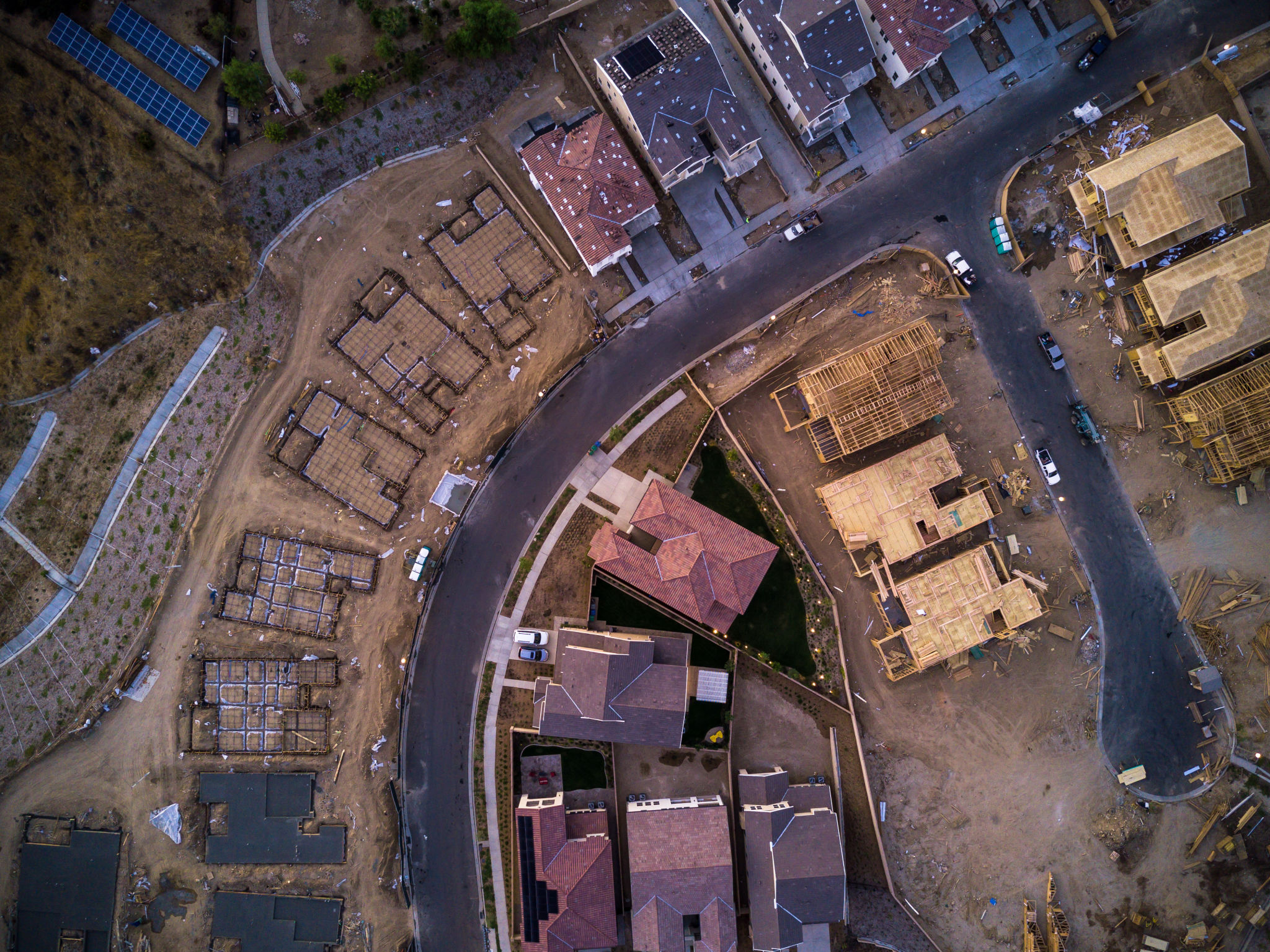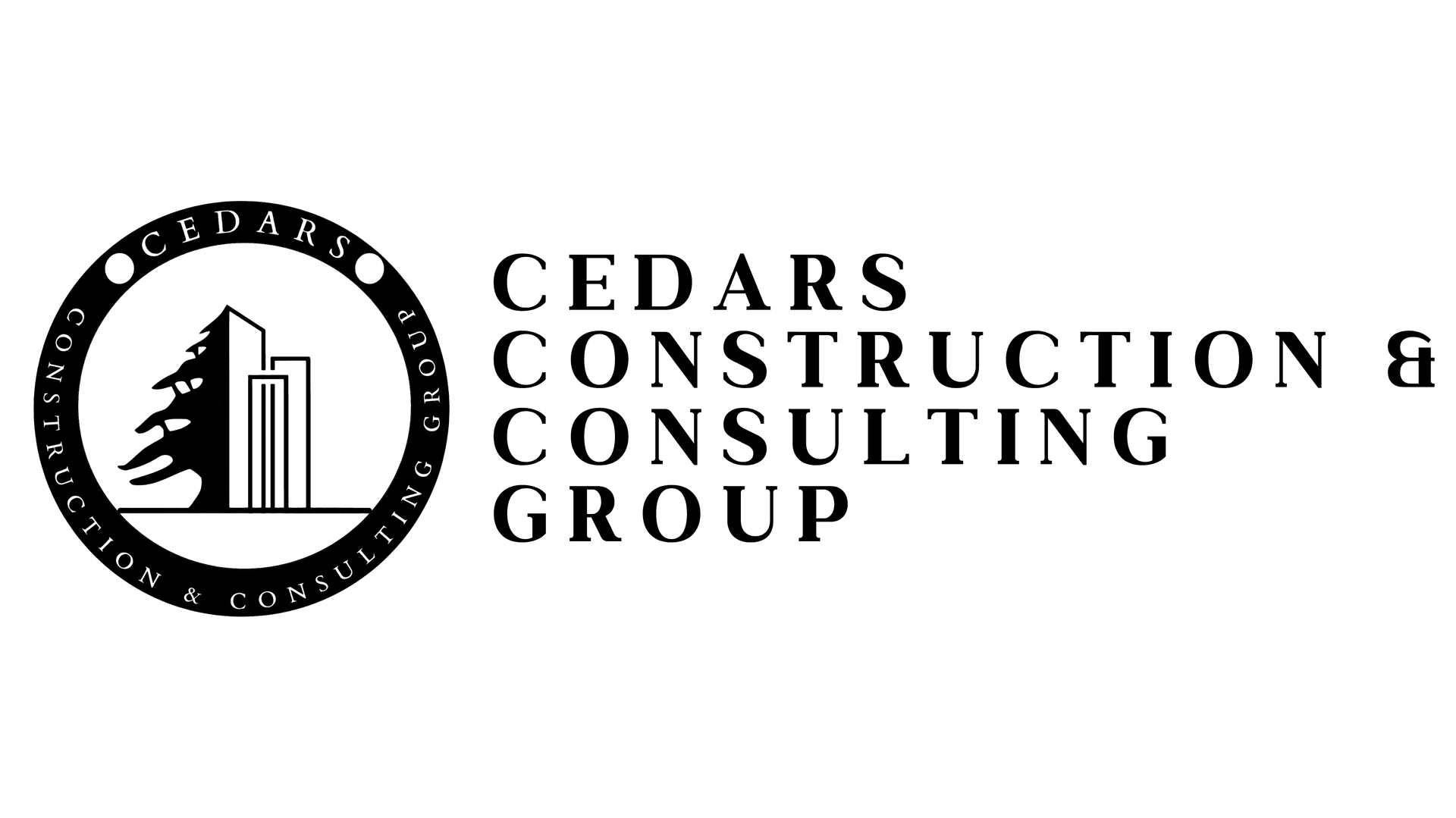Understanding Philadelphia’s Building Codes and Regulations: A Homeowner’s Guide
Introduction to Philadelphia’s Building Codes
For homeowners in Philadelphia, understanding the city's building codes and regulations is crucial for ensuring that any renovation or construction project is compliant with local laws. These codes are designed to ensure the safety, accessibility, and sustainability of buildings. Whether you’re planning a small renovation or a major construction project, knowing the rules is essential.

Why Building Codes Matter
Building codes are vital as they protect public health and safety. In Philadelphia, these codes ensure that structures can withstand various environmental factors, such as heavy snow or high winds, and that they provide safe living conditions. They also address important aspects like fire safety, structural integrity, and energy efficiency.
Compliance with building codes not only ensures safety but also helps avoid legal issues. Homeowners who ignore these regulations may face fines, legal action, or even the need to demolish non-compliant structures. Hence, it’s beneficial to familiarize yourself with these regulations before starting any project.
Key Components of Philadelphia’s Building Codes
Philadelphia’s building codes cover a wide range of topics. Here are some key components:
- Structural Safety: Ensures that buildings can support weight and withstand environmental pressures.
- Fire Safety: Includes regulations on fire-resistant materials and emergency exits.
- Plumbing and Electrical: Addresses safety standards for plumbing systems and electrical installations.
- Energy Efficiency: Mandates energy-saving measures to reduce consumption and environmental impact.

Navigating the Permit Process
Before embarking on any construction project, it’s important to obtain the necessary permits. In Philadelphia, this process can be extensive but is crucial for legal compliance. Permits ensure that your project adheres to all local codes and regulations.
The permit application process typically involves submitting detailed plans of your project for review. It's advisable to consult with a licensed architect or contractor who is familiar with local codes to streamline the process. They can help ensure that your plans meet all requirements before submission.
Common Challenges for Homeowners
Navigating building codes can be challenging for homeowners, especially those unfamiliar with technical jargon or legal requirements. Some common issues include:
- Understanding Complex Regulations: The language used in building codes can be technical and complex.
- Meeting Compliance Deadlines: Delays in obtaining permits or inspections can slow down projects.
- Budget Overruns: Unanticipated compliance requirements can lead to increased costs.

Resources for Homeowners
If you feel overwhelmed by Philadelphia's building codes, several resources are available to assist you. The city’s official website offers comprehensive guides and contact information for relevant departments. Additionally, engaging with local contractors who understand the nuances of these regulations can be incredibly beneficial.
Furthermore, attending community workshops or seminars on building regulations can provide valuable insights and equip you with the necessary knowledge to tackle your project with confidence.
Conclusion
Understanding Philadelphia’s building codes and regulations is an essential step for any homeowner planning a construction or renovation project. By familiarizing yourself with these rules and utilizing available resources, you can ensure your project is safe, compliant, and successful. Taking a proactive approach will not only save time and money but also provide peace of mind throughout the construction process.
